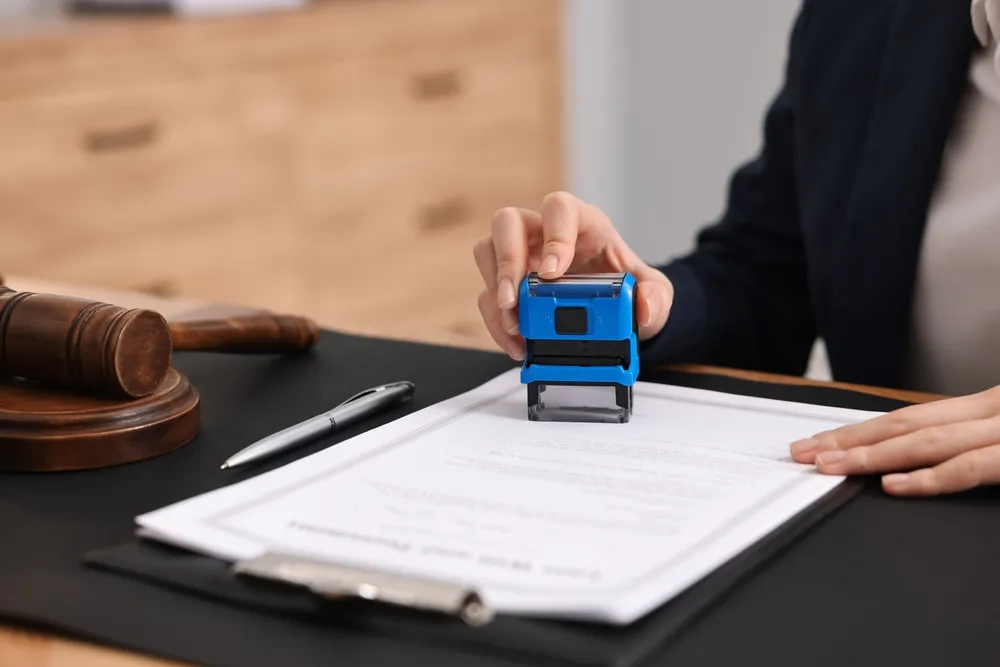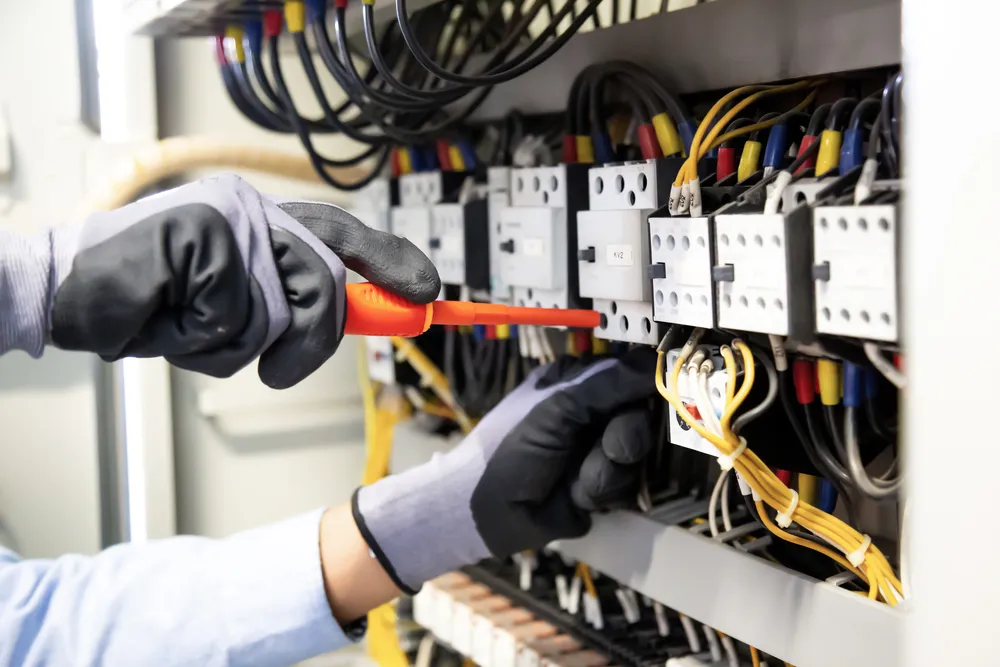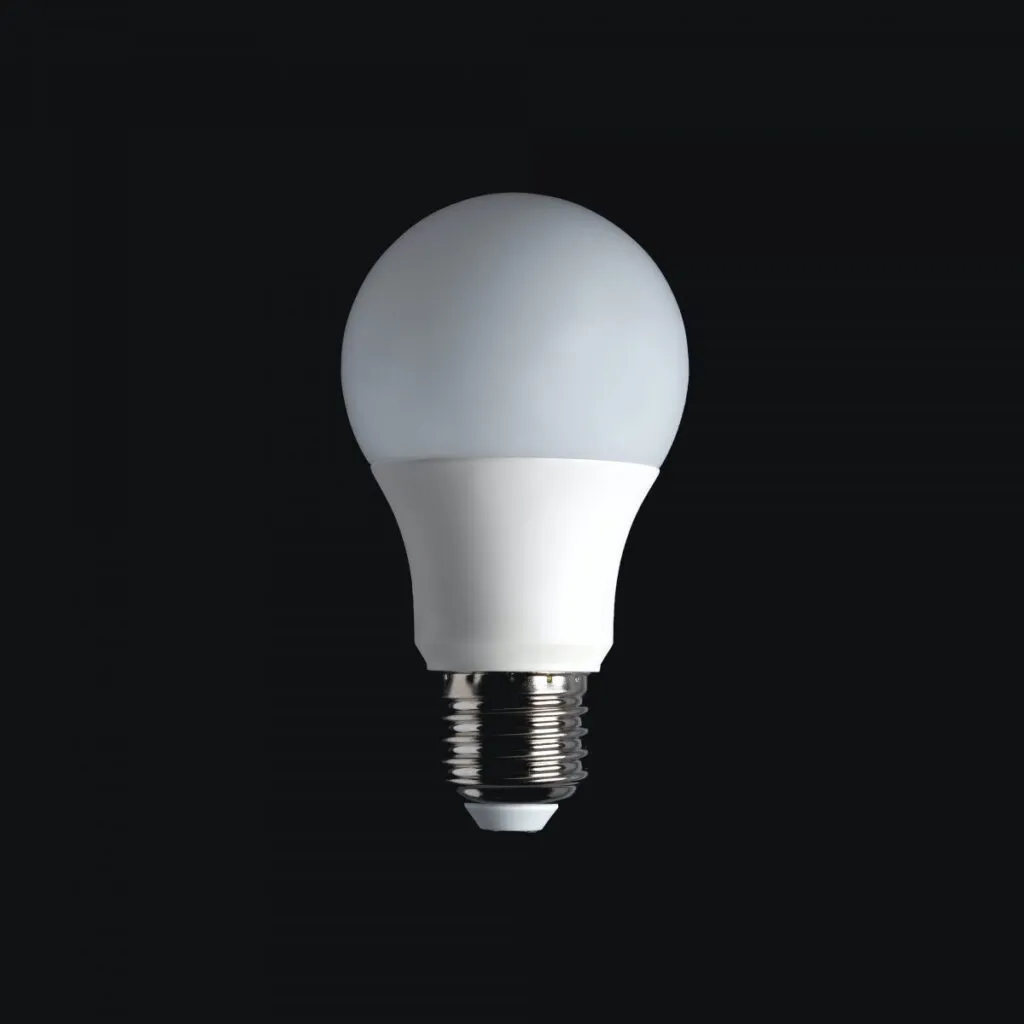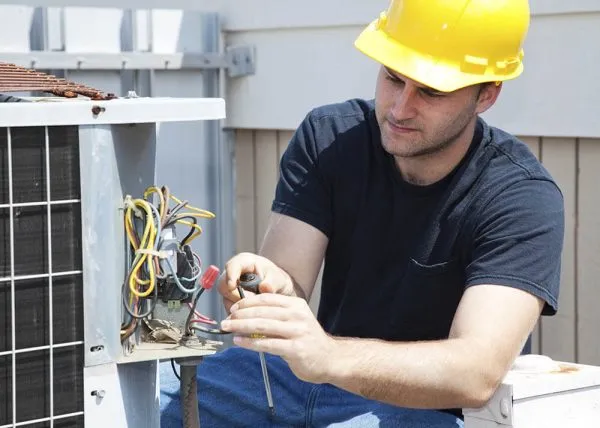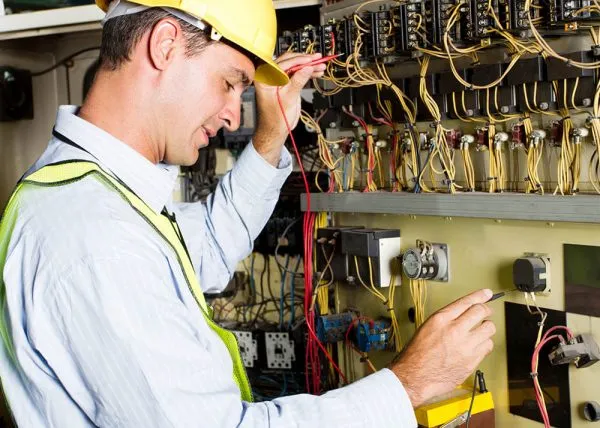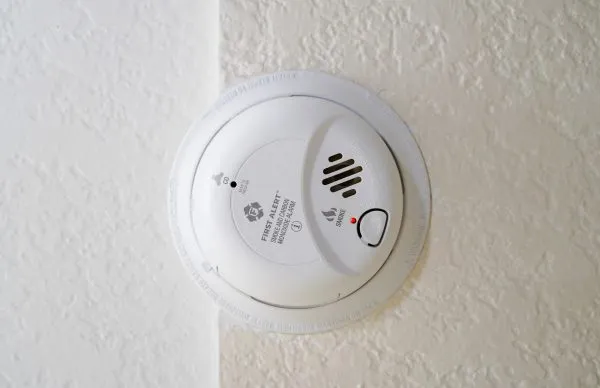
Smoke Detectors
Common Causes of Smoke Detectors False Alarms
Smoke alarms save lives. They’re a vital part of your prevention and detection strategy and one of the best ways to keep people safe on your premises. However, smoke alarms aren’t flawless devices that could function to perfection. Sometimes, these trusty devices can also trigger false signals due to environmental reasons or system malfunction.
There are certain instances that you will experience rogue smoke alarms. And since these devices are designed to catch attention, this can also cause panic, fear, or even frustration.
Both ionization and photoelectric smoke detectors can be prone to false signals. Ionization smoke detectors tend to respond faster to the smoke produced by flaming fires than photoelectric smoke alarms. On the other hand, photoelectric smoke alarms tend to respond faster to the smoke produced by smoldering fires than ionization smoke alarms. Malfunctions caused by poor manufacturing, smoke detector sensitivity, and external factors are some of the reasons.
Here are more reasons why your smoke detectors go off over and over:
Smoke Detectors Location
Placing your smoke detector close to any cooking appliances such as a toaster, stove, or oven can trigger false alarms. More high-tech devices can even detect a sudden increase in temperature.
Installing smoke alarms close to the door or window can also cause nuisance signals, this is because of the particles coming from outdoors that can interfere with the sensors creating fake smoke or illusion. If your smoke alarm is mounted near a bathroom, steam from the shower may have set off the alarm. Alarms should be placed at least 36 in. (910 mm) from the bathroom door to eliminate the nuisance alarms from steam.
Food
Smoke alarms that are placed close to ovens can be triggered and cause false alarms due to overcooked food. Additionally, if your device goes off even with the slightest fumes from your overcooked food, it means that there’s something wrong with your device’s sensitivity.
Extreme Humidity
High humidity has extreme moisture that confuses your alarm system. This can also be similar to steam, especially if your device is installed near or within a steamy room. Smoke alarms are designed to be used in a specific temperature range, typically 40F to 120F (4C to 49C). If the temperature has risen above or fallen below those temperatures (such as freezing in a garage) it is possible for there to be a false alarm.
Dust Particles
Thick dust particles, dirt, and even spiders are also factors that can affect the function of your device. A thorough cleaning of your alarm systems such as using vacuum or compressed air is advised to avoid false alarms. It is recommended that smoke alarms are cleaned every 6 months.
Battery Replacement
There are smoke detectors that run on batteries, and this requires a yearly replacement to avoid harsh problems. One indication that your alarm requires battery replacement is the repetitive beeping sound. But don’t forget to have your smoke alarms tested monthly to ensure the battery and the alarm work.
Do you need professionals to check your smoke alarms?
We at Prime Electrics provide smoke alarm maintenance and checkups. We will determine the right placement and the needed repairs or replacements to your devices. Book now!


